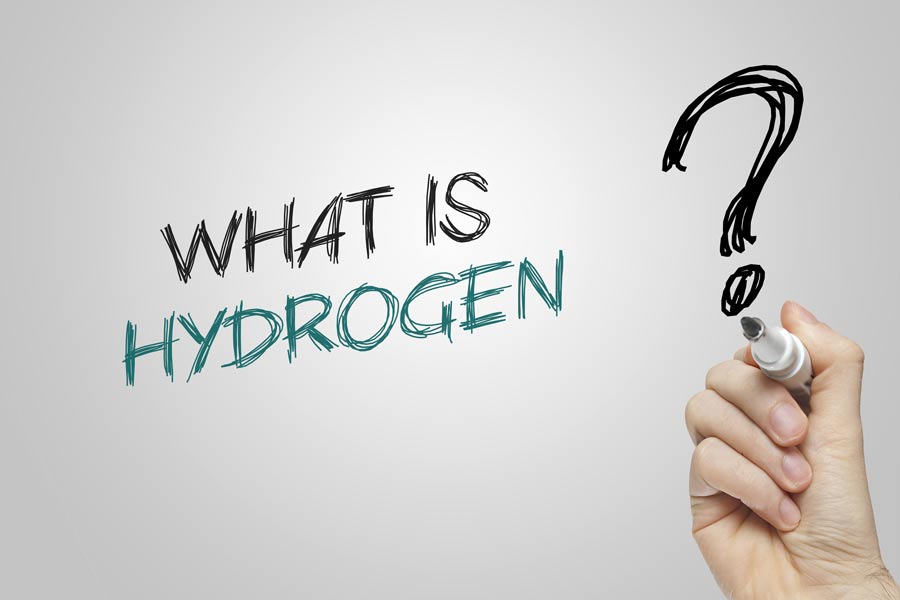Hydrogen Safety 101
By: GenH2 Staff
Read Time: 3 minutes
Hydrogen 101
Part One: Hydrogen is Safe
Hydrogen has been proven to be safer than conventional fuels in a multitude of aspects. However, the public’s perception of hydrogen technologies is still affected by the 1937 Hindenburg disaster. To set the record straight, the Hindenburg did not explode, it burned. The most plausible cause was an electronic discharge ignited the highly flammable fabric covering. In fact, NASA research has demonstrated that the disaster would have been essentially unchanged if the airship were lifted by non-combustible helium, and that those who survived most likely did so by riding it out as it descended to earth. The Department of Energy has since declared that “a number of hydrogen’s properties make it safer to handle and use than the fuels commonly used today.”

hydrogen is a gas of diatomic molecules having the formula H2
Here are a few of hydrogen’s key characteristics from the Natural Resources Defense Council (NRDC) that affirm the Department of Energy’s assertion:
- Hydrogen is not toxic, unlike conventional fuels. On the other hand, many conventional fuels are toxic or contain toxic substances, including powerful carcinogens. Moreover, when it comes to vehicles that run on hydrogen fuel cells, hydrogen produces only water, while vehicle combustion of conventional fuels generates harmful air pollution. A hydrogen leak or spill will not contaminate the environment or threaten the health of humans or wildlife, but fossil fuels can pose significant health and ecological threats when leaked, spilled, or combusted.
- Hydrogen is 14 times lighter than air and 57 times lighter than gasoline vapor. This means that when released, hydrogen will typically rise and disperse rapidly, greatly reducing the risk of ignition at ground level. However, propane and gasoline vapor are heavier than air, making it more likely that they will remain at ground level, increasing the risk of fires harming people and buildings.
- Hydrogen has a lower radiant heat than conventional gasoline, meaning the air around the flame of hydrogen is not as hot as around a gasoline flame. Therefore, the risk of hydrogen secondary fires is lower.
- Hydrogen has a higher oxygen requirement for explosion than fossil fuels. Hydrogen can be explosive with oxygen concentrations between 18 and 59 percent while gasoline can be explosive at oxygen concentrations between 1 and 3 percent. This means that gasoline has greater risk for explosion than hydrogen for any given environment with oxygen.”

Hydrogen is the most abundant chemical substance in the universe
Years of numerous testing of hydrogen systems show this clean alternative fuel can be safely produced, safely stored, and safely dispensed; and companies like GenH2 are proving that on a daily basis. Moving forward, industry and government institutions must continue to make hydrogen education and safety a key priority to ensure that hydrogen becomes part of a clean and thriving economy. I hope you’ll join us again next week as we continue discussing hydrogen safety in Part 2 of our series.
 Copyright All Rights Reserved GenH2
Copyright All Rights Reserved GenH2
 Copyright All Rights Reserved GenH2
Copyright All Rights Reserved GenH2 Copyright All Rights Reserved GenH2
Copyright All Rights Reserved GenH2